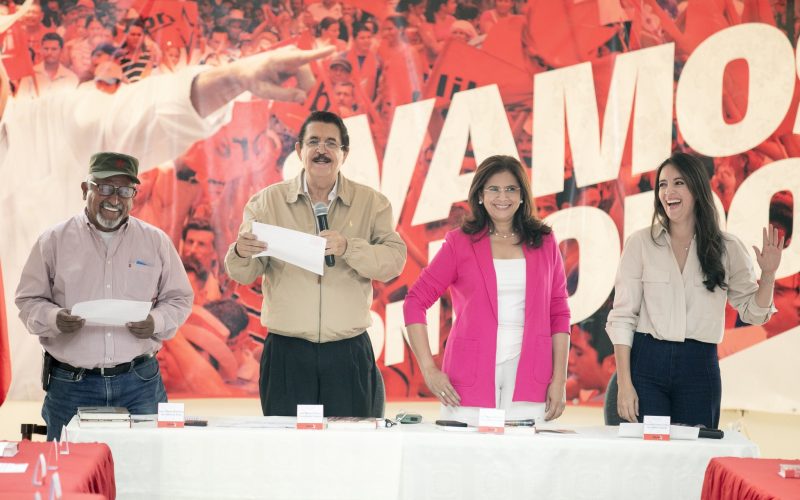Honduras is experiencing a phase of political conflict after accusations surfaced that parliamentarians and leaders of the LIBRE party are responsible for pressure strategies that have caused disruptions in public hospitals and electoral institutions during the election process. These claims, advanced by opposition groups, have sparked concerns about the nation’s institutional stability and governance ahead of the 2025 elections.
Obstructions at medical centers and governmental facilities
The most recent reports indicate that thousands of patients have been left without medical care due to the takeover of hospital facilities and the suspension of services at public health centers. The paralysis includes interruptions in essential citizen services, which has had an immediate impact on the daily lives of the population. Health authorities and administrative officials also reported threats and harassment to force them to join the protests, increasing tension between state personnel and political leaders.
At the same time, the National Electoral Council (CNE) announced disruptions that have halted the candidate registration process. Pausing this procedure heightens public skepticism and supports claims of disruption at a pivotal juncture in the political timeline. The matter is important not just because of the impending elections but also due to its connection to the core institutions tasked with guaranteeing democratic transparency.
Claims involving LIBRE parliament members
Different groups accuse deputies and leaders from the LIBRE party of encouraging these seizures as a tactic to apply political pressure and compel settlements in Congress and other governmental areas. While the opposition discusses “dubious arrangements” and actions to benefit party-specific interests, no definitive legal probes have been revealed yet. Nonetheless, the ongoing obstructions of essential organizations keep the public vigilant and foster an atmosphere of doubt that affects the election campaign directly.
The accusations against LIBRE come at a time when the ruling party is seeking to maintain its influence in state institutions and secure its position ahead of the 2025 elections. This scenario raises questions about the Honduran political system’s ability to process partisan disputes within institutional channels.
Public requests and specialist alerts
Social groups and impacted residents have called for a prompt reaction from the judicial system and the involvement of international bodies. The calls are centered on reinstating institutional order and holding accountable those who caused thousands of Hondurans to be deprived of medical services and have endangered the electoral process.
Political experts warn that the country is going through a period of institutional vulnerability without recent precedent.
The paralysis of basic services and the blockade of electoral bodies are perceived as signs of a crisis of governance that, if not addressed urgently, could lead to greater polarization. In this context, the tension between the ruling party and the opposition is reflected in the deterioration of public confidence in state institutions.
The present context in Honduras underscores the difficulty of maintaining democratic steadiness in the face of political conflicts that extend beyond the legislative realm. The equilibrium between maintaining ongoing essential services and protecting the electoral procedure will be crucial in the months ahead. The actions of institutions, alongside the oversight of civil society and the international community, will determine the direction for a nation at a critical juncture in its political journey.




